Blog

NOVEMBER 2020 TABLE HOPPING ARTICLE
TO SUPPLEMENT OR NOT TO SUPPLEMENT THAT IS THE QUESTION
Let’s talk collagen it’s the major structural protein in numerous tissues of the body including your tendons or ligaments, the blood vessels, the muscles, the gut tissues and your skin and cartilage. According to Rhonda Patrick found my fitness. They are the most abundant proteins in the body compromising about 30% of the total protein Mass unfortunately aging reduces protein synthesis and one protein synthesis that’s reduced in aging is collagen so as you get older you don’t make collagen as frequently or as copiously as when you’re younger.

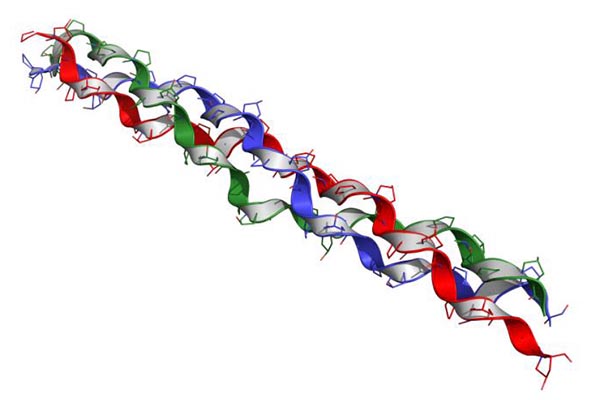
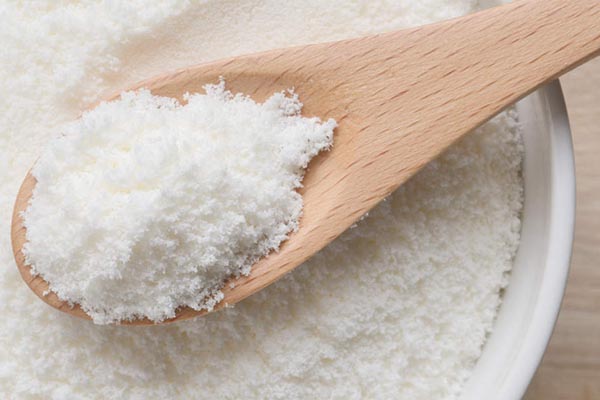
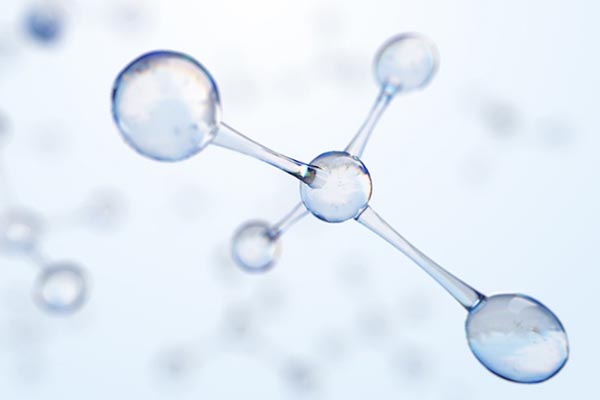
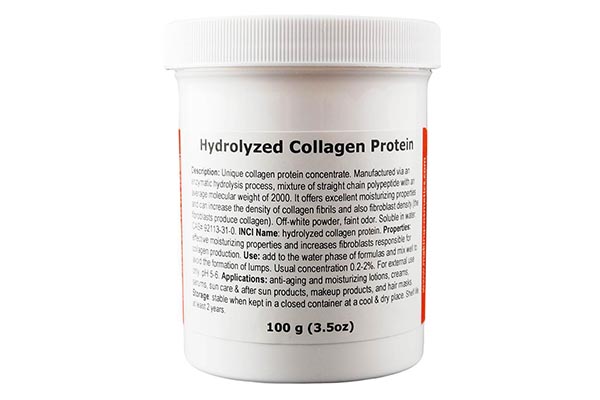
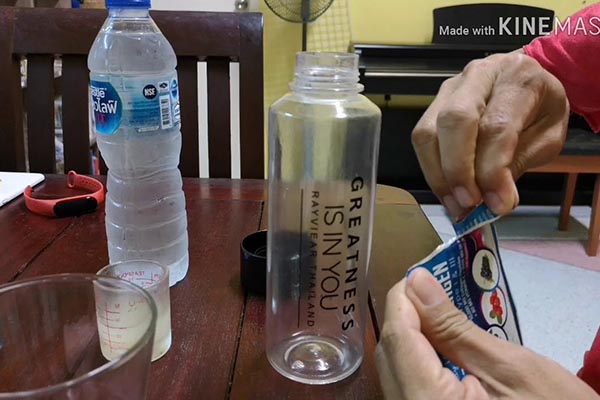
Now you’re familiar with the double helix that’s DNA but collagen has a triple helix that is composed of about 1400 amino acids. There have been 28 distinct collagen proteins identified and they differ in their interactions with other proteins and location within the body. For instance , collagen type 1 and type 3 in the connective tissues, the tendons, the corneas, the bones, the skin and blood vessels Collagen type 2 is found primarily in cartilage cells. Collagen types 1, 2, and 3 are the most abundant collagen types in the body and are made up primarily of glycine, proline and hydroxyproline; these are individual amino acids that are linked together to form these collagen complexes. The sequence of the amino acids and the relative amounts determine whether it’s type 1 2 or 3 etc.
Why am I taking you down this little science highway? Because college is important and there’s something you can do about the fact that it slows down as you age.Collagen type 1 2 and 3 are typically hydrolyzed and used as oral supplements which have shown promise in improving skin health ,decreasing joint pain and improving hypertension no less. When you take natural collagen and heat it up you denature it and you get shorter peptide chains and it forms gelatin Again, it’s the same amino acids; glycine Proline and hydroxyproline. The one amino acid that seems to be absent is the essential amino acid tryptophan so you can’t use collagen as a general protein supplement even though it contains amino acids. You can get this hydrolyzed collagen from chickens, marine animals, pigs and cows. The one concern regarding sourcing your collagen is that if you get it from non bovine sources you do not have to worry about the possibility of mad cow disease People think that bone broth is a good source of collagen but the key components of amino acids, that are, glycine , proline and hydroxyproline were found in lower concentrations in bone broth compared to typical collagen supplements. So , I don’t think bone broth is necessarily a great collagen source but I do think it’s nutritious. Now, once you are taking your collagen how is it absorbed ? Well, hydrolyzed collagen, the kind you get when you buy it in the store probably is even better absorbed because it’s shorter chains then undenatured collagen straight from the source be it marine or mammal.
I had read previously that the collagen that you ingest doesn’t necessarily go into the joints but the ingestion of the collagen prompts the body to produce its own cartilage which is deposited in the joints. However , according to Rhonda Patrick (foundmy fitness.com) at least in rats the oral consumption of hydrolyzed collagen is deposited directly into the skin and joints. Rhonda Patrick points out that by the time a person reaches 80 years old collagen production in the skin has decreased by 70% compared to young adults. Of the skins total collagen, type 1 collagen comprises about 80% with type 2 comprising 15%. Topical collagen as used in cosmetics really doesn’t have a direct effect on collagen stimulation or production in the skin it does hydrate the skin and makes wrinkles less prominent. The topical preparation is not being incorporated into the actual skin but the ingestion of oral hydrolyzed collagen has shown positive effects on improving skin aging and is incorporated into the dermis itself.
As outlined again in foundmyfitness.com, oral intake of hydrolyzed collagen elicited the reversal in the natural decline of skin’s elasticity in aging women There are other critical components as well including Chondroitin sulfate which is an important structural component of cartilage while hyaluronic acid is a structural component of cartilage, connective, epithelial, and neural tissue.
What about collagen supplements in osteoarthritis? Several studies have shown that both placebo and commercial supplements report significant decrease in pain compared to baseline but there is a big difference between the collagen product 35% reduction and 15% reduction with placebo. So placebo helped but clearly collagen supplements worked twice as well as placebo with no serious adverse events reported in this trial.
Furthermore, hydrolyzed collagen may be helpful to bone health. Randomized controlled studies found that hydrolyzed collagen increase bone mineral density in postmenopausal women. Interestingly enough, hydrolyzed collagen has been shown to have a beneficial effect even in rheumatoid arthritis and I’m not talkin 1% or 2% Improvement I’m talking 30% – 50% Improvement in either morning stiffness, swollen joint count , 50 foot walking time etc.
Hydrolyzed collagen has also been studied in athletic joint pain and again both placebo and collagen diminish pain but as before collagen diminishes it by 40% and placebo by 28% so it’s not overwhelming but there’s a positive benefit with no obvious side effects.
Now for the most interesting part, hydrolyzed collagen may be effective at reducing blood pressure and improving metabolic function of people with type 2 diabetes. Multiple studies have found that hydrolyzed collagen primarily from marine sources (bones and skin if you must know ) exhibits antihypertensive activity. There are no big human studies proving that collagen lowers blood pressure yet.. Marine hydrolyzed collagen has also been shown to improve glucose sensitivity and insulin resistance in rodent studies. Most of us aren’t rats but still it’s supportive evidence and in humans hydrolyzed collagen powder induced a notable decrease in hemoglobin A1c including the fact that those receiving hydrolyzed collagen had a 20% decrease in fasting blood glucose after 3 months.
What’s the right dose? Well that’s a good question. Different studies have used 50 mL of liquid supplement containing 1000 mg. Some studies use 300mg twice a day or a gram twice a day to studies that used 5 grams twice-a-day etcetera so draw your own conclusions as to the appropriate and righteous dose for you. If you suffer from hypertension, diabetes, arthritis, athletic pain, changes in your skin etcetera why not take a month or two of this supplement and see for yourself if you feel better. Many people do and the dangers seem quite limited. For references go to found my fitness.com… type in collagen and you’ll see that everything I’ve written here is well-documented and footnoted etcetera.

Leave a Reply